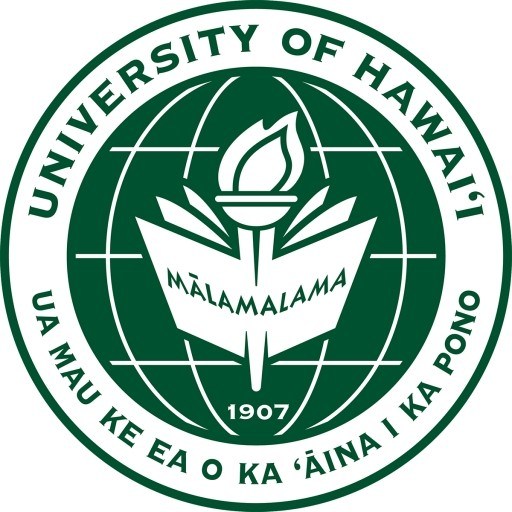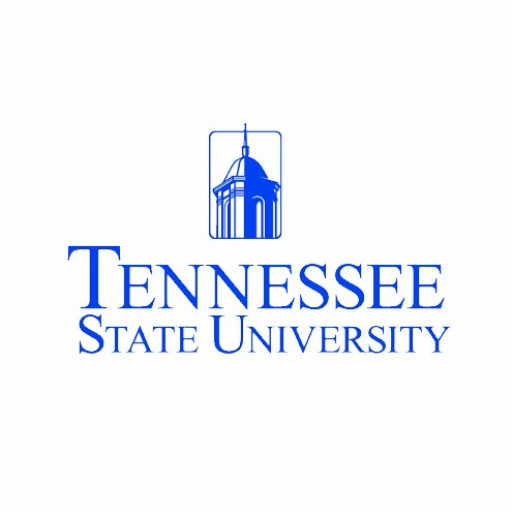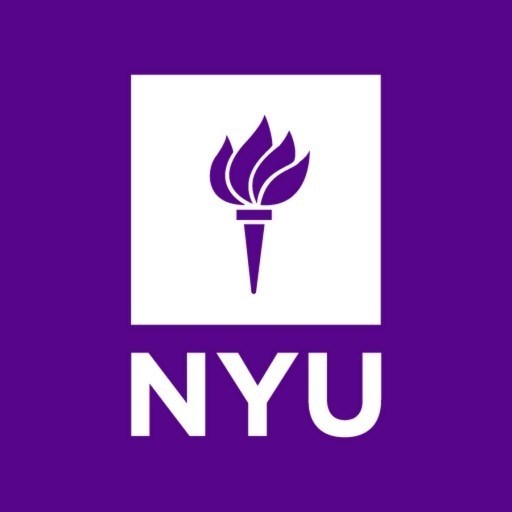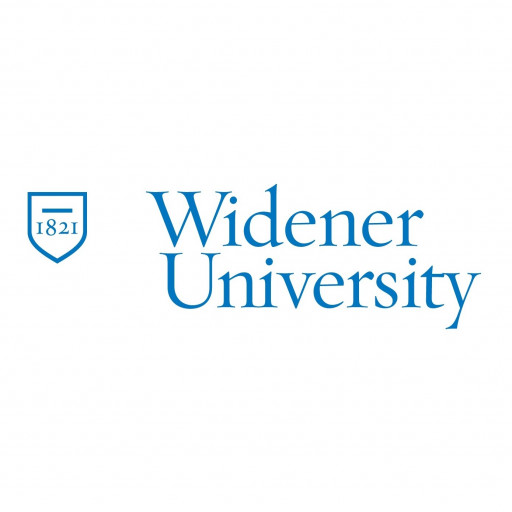Photos of university / #uhmanoanews
The Bachelor of Science in Food Science at the University of Hawaii at Manoa is a comprehensive program designed to prepare students for careers in the diverse and dynamic food industry. This program combines foundational knowledge in biology, chemistry, and nutrition with specialized coursework in food processing, safety, quality assurance, and product development. Students gain hands-on experience through laboratory work, research projects, and industry internships, equipping them with practical skills necessary for professional success. The curriculum emphasizes sustainable practices and the unique aspects of food production relevant to Hawaii and the Pacific region, fostering an understanding of local food systems and global food security issues. Graduates of this program are well-equipped to pursue employment in food manufacturing, quality control, research and development, regulatory agencies, and entrepreneurial ventures. The program benefits from the university’s state-of-the-art facilities, expert faculty, and strong connections with local food industries and research institutions. Students are encouraged to engage in interdisciplinary learning and participate in projects that address current challenges such as food safety, nutrition, and environmentally sustainable practices. The Bachelor of Science in Food Science at UH Mānoa aims to develop skilled professionals who can innovate and lead in shaping the future of food systems locally, nationally, and internationally.
Course requirements and other degree requirements are subject to change. For up-to-date requirements contact the Graduate Chair. A more complete description of degree requirements can be found in the UH Food Science MS Guide 2008 . An overview of basic program requirements is given in this section.
Two MS degree options are available: Plan A (thesis) and Plan B (non-thesis). Generally, students are expected to follow Plan A unless the Plan B option is approved by the graduate chair and the student's advisor.
Plan A
Student must complete a minimum of 30 credit hours, including:
- At least 18 credit hours of course work, at least 12 credits numbered 600-798, excluding credits in FSHN 699 Directed Reading and Research and FSHN 700 Thesis Research.
- Two credits of FSHN 699 Directed Reading and Research
- Ten credits of FSHN 700 Thesis Research with at least 1 credit taken in the final semester.
- Two credits of FSHN 681 Departmental Seminar
- One credit in FSHN 701 Topics in Food Science
Plan B
Students must complete a minimum of 30 credit hours, including:
- At least 18 credit hours of course work must be in courses numbered 600-798, excluding FSHN 699 Directed Reading and Research.
- Six to nine credits of FSHN 699 Directed Reading and Research
- Two credits of FSHN 681 Departmental Seminar
- One credit in FSHN 701 Topics in Food Science.
Both options require passing an oral candidacy exam to advance to candidacy for the MS degree, and a final examination based on the thesis (Plan A) or Directed Reading and Research (Plan B). All students are also required to have one semester of teaching assistant experience either as a paid TA, or by participating in a graduate student instructional experience.
Requirements
- Hold a bachelor's degree (BA or BS) from an accredited institution of higher learning
- Have an undergraduate GPA of 3.0 or above
- Have taken one course each in organic chemistry, microbiology, biological science (in addition to microbiology), college physics, and biochemistry
- Arrange for two confidential recommendations (utilizing departmental recommendation MS Word or Acrobat PDF forms)
- Submit GRE scores
- Obtain admission clearance by the Graduate Division.
- Foreign students must obtain TOEFL scores of 580 minimum (600 recommended, 250 computer, iBT 100). Admission may be possible without prerequisites, in which case the student must complete deficiencies in the first year.
Scholarships
- Graduate Assistantships
- Achievement Scholarships
The University of Hawaii at Manoa offers a comprehensive program in Food Science designed to prepare students for diverse careers in the food industry, research, and academia. The program emphasizes a multidisciplinary approach that combines principles of chemistry, biology, and engineering to understand the physical, chemical, and biological properties of food. Students engage in coursework covering food chemistry, food microbiology, food processing, food safety, sensory science, and nutrition, providing a well-rounded foundation in the science of food. The degree program includes both undergraduate and graduate levels, with opportunities for research, internships, and hands-on training in state-of-the-art facilities. The faculty comprise leading experts in the field, offering mentorship and collaborations to enhance student learning and research outcomes. The curriculum is designed to meet industry needs and prepare students for certification exams such as the Certified Food Scientist credential. Graduates of the program are equipped to pursue careers in food product development, quality assurance, food safety regulation, research laboratories, and other sectors of the food industry. The program also emphasizes sustainability and the importance of developing innovative and safe food solutions to feed a growing global population. Students benefit from the university's strategic location in Hawaii, providing unique opportunities for research on tropical foods and food systems applicable to island and coastal communities. The department actively collaborates with local food industries, government agencies, and international organizations to provide experiential learning and research opportunities. The university’s Food Science program aims to foster scientific excellence and promote advancements in food technology, health, and safety while preparing graduates for impactful careers in a complex and evolving global food landscape.







